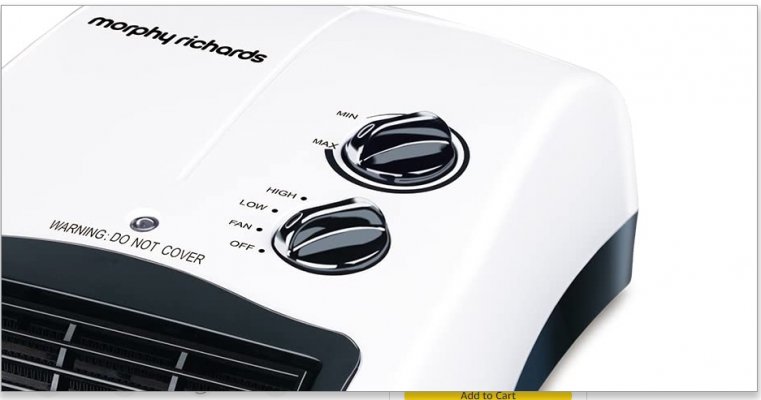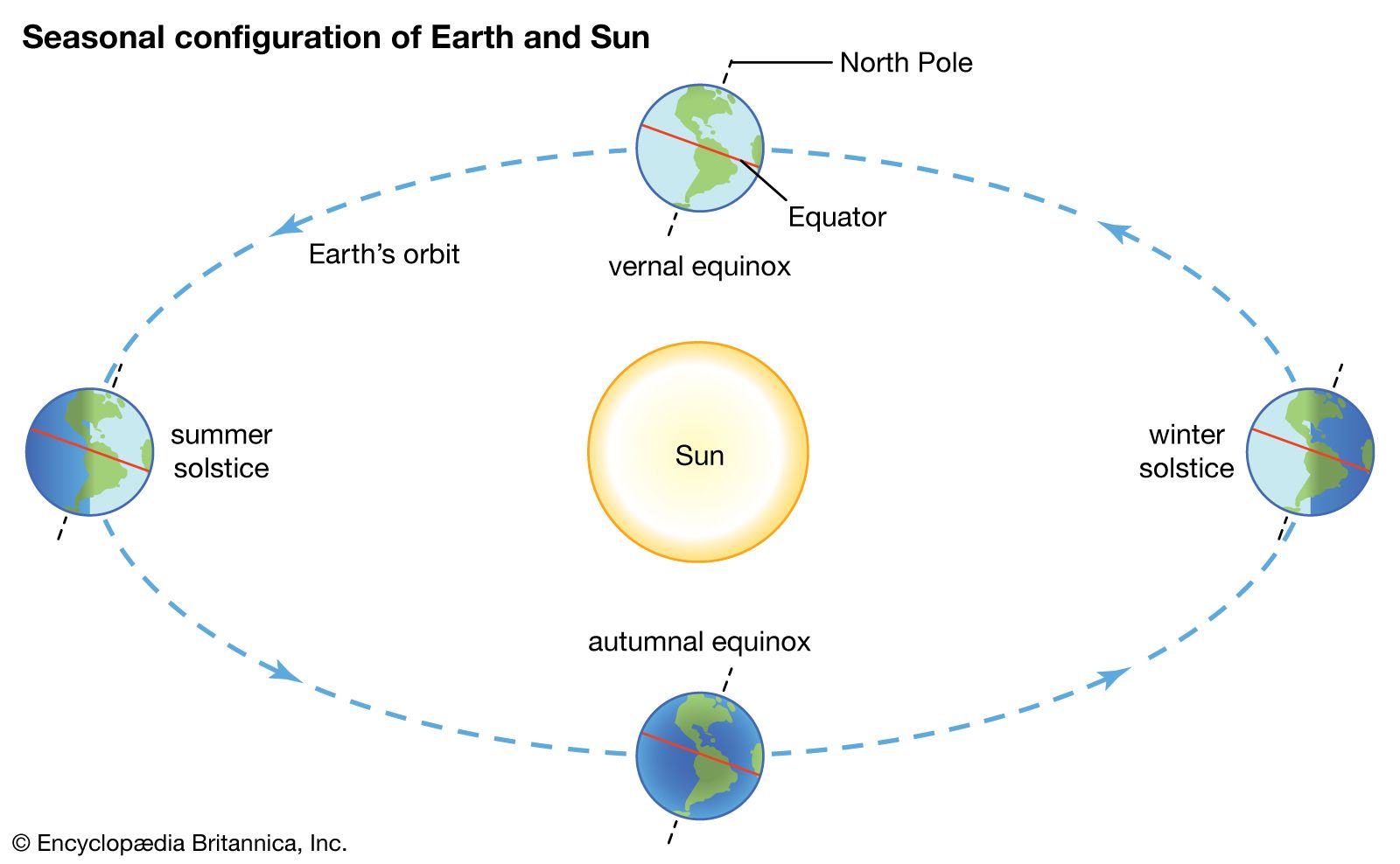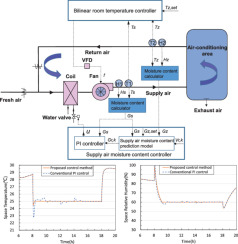Hi
@solo_wing (My 2 cents, having 18 years experience into buying and selling electrical products through my family business across 2 showrooms in Chandigarh)
This is a basic Heat Convector (also known as fan heater) Note: this is not a PTC fan heater.
Its usual price is Rs. 1200 for equivalent brands.
Con: Burns Oxygen in the air (so can cause headache)
Con: Underpowered fan
Con: Plastic body gets discolored.
Pro: Cheap if you buy such a product around Rs. 1200
Better than this is a PTC fan heater also known as Ceramic heaters. Costs more than fan heaters. PTC heater burns slightly less oxygen and is more efficient.
Best being Oil fin radiators (OFRs) for healthy and uniform room heating. They are most common across the world. Can be left running in cold nights also without any issue. Costs around Rs. 5200 or 9 fins.
Any more information, you can let me know.





